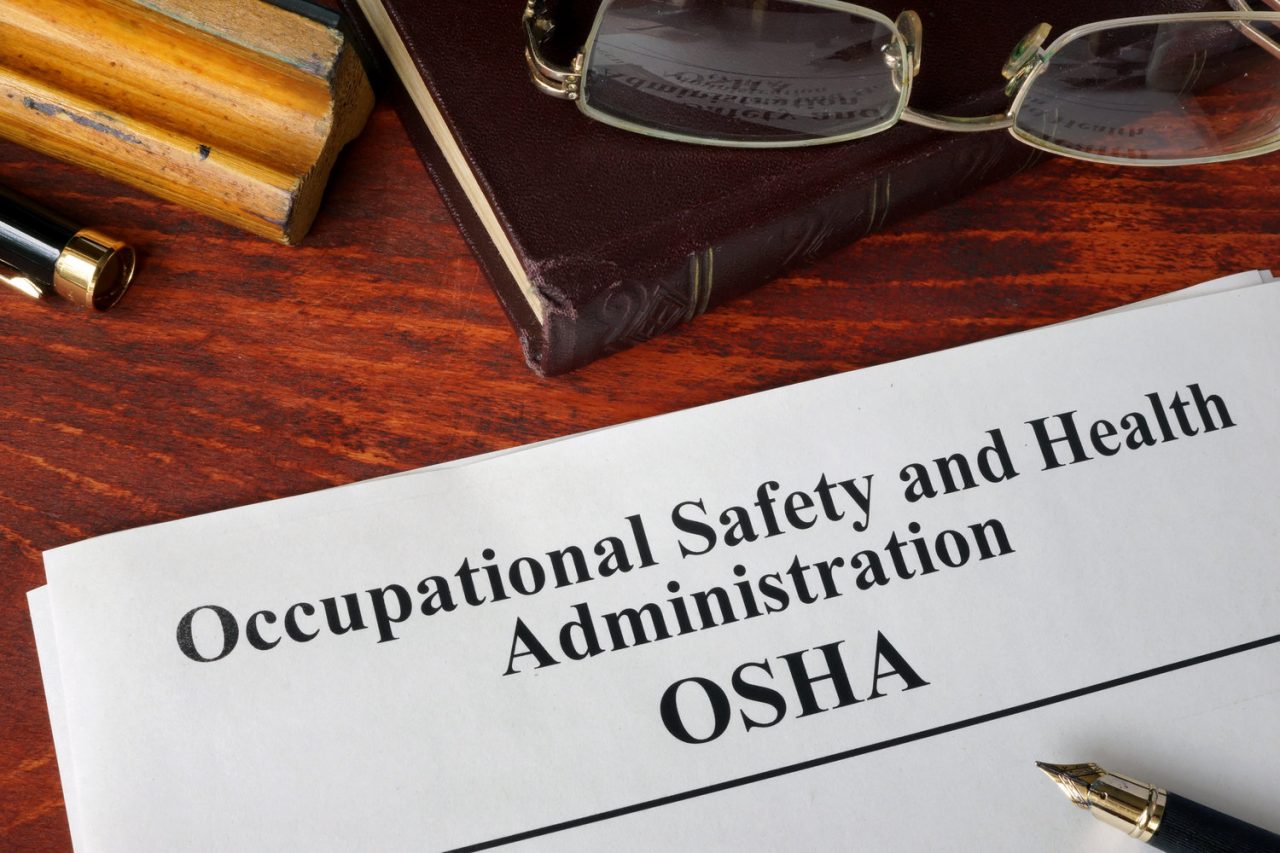Just in time for the February 1 reporting deadline, the US Department of Labor has opted not to require large employers to submit detailed worker injury and illness logs electronically. Instead, officials with the Occupational Safety and Health Administration (OSHA) will accept electronic delivery of summary forms for employers with 250 or more employees, as the risks of potentially exposing sensitive employee records was determined to outweigh the need to upgrade and improve data collection methods.
Here is what hasn’t changed with regard to OSHA 300 logs and related reporting forms:
–Most businesses with more than 10 employees are required to post the 300-A (summary) form, which summarizes workplace accidents, injuries and illnesses that occurred in the previous calendar year, from Feb. 1 through April 30. The form must be posted where all employees can see it, regardless of position, work schedule, etc.
–The OSHA 300 log form has three main sections: identification, description, and classification. All three parts much be filled out fully for the business to be in compliance with OSHA regulations.
–In addition to the 300 log, businesses must also maintain an updated 300-A form, the summary mentioned above which gets posted for high visibility, and the form 301, an incident reporting form that ensures the business followed OSHA filing protocols.
–If your business has more than 250 employees, you are now required to submit form 300-A to OSHA electronically, including your Employer Identification Number (EIN).
Failing to maintain just one of these forms in any one calendar year can result in an $8,000 fine, and increasingly, OSHA is showing its willingness to enforce penalties even among first-time offenders.
Businesses that employ 10 or fewer employees during the whole of the calendar year, and certain low-risk industries, are exempt from the OSHA 300 reporting requirement. To see a complete list of exempted industries, click here: https://www.osha.gov/recordkeeping/ppt1/RK1exempttable.html
To download the OSHA 300 log, and forms 300-A and 301, click here: https://www.osha.gov/recordkeeping/RKforms.html
Sentinel is advising clients and partners to add management and maintenance of OSHA 300 reporting requirements to their annual safety and loss control checklist.
For questions relating to any OSHA reporting rule, and to learn more about how to implement strategies and tactics that support a loss-sensitive culture for your business, contact Dana Vorholt, Director of Risk Management, at dvorholt@sentinelra.com.

